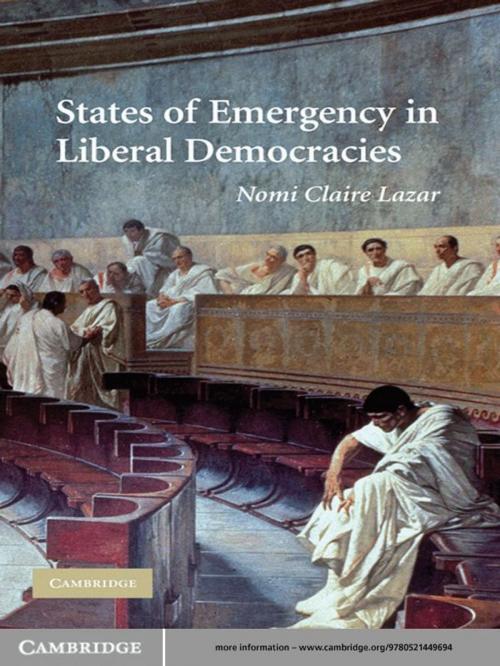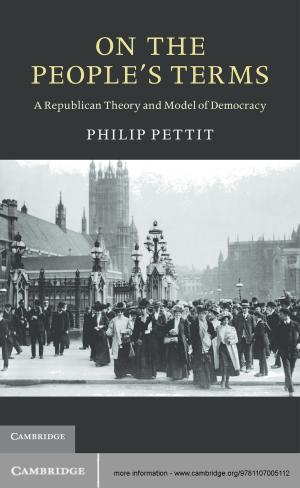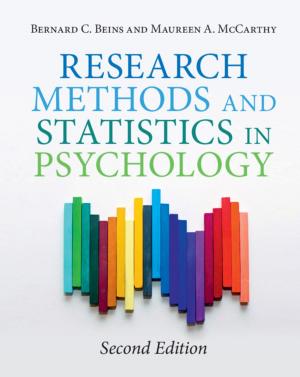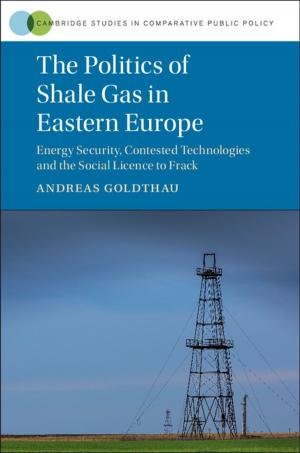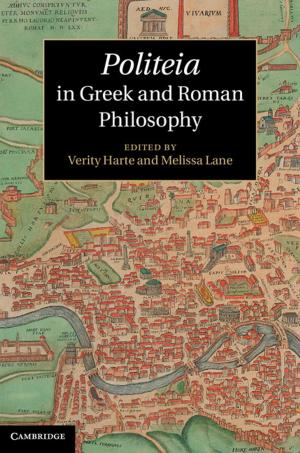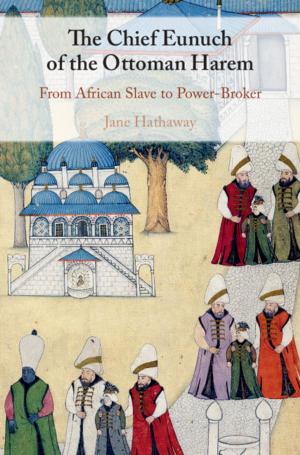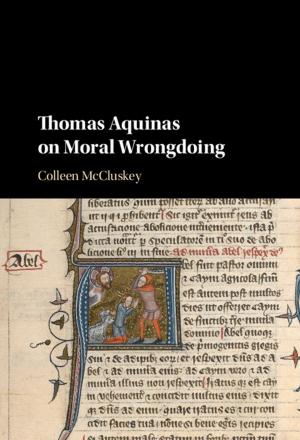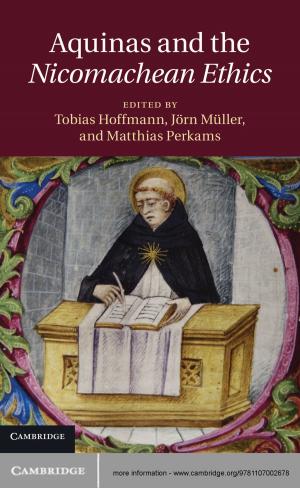States of Emergency in Liberal Democracies
Nonfiction, Social & Cultural Studies, Political Science, Politics, History & Theory, Social Science| Author: | Nomi Claire Lazar | ISBN: | 9780511698842 |
| Publisher: | Cambridge University Press | Publication: | June 30, 2009 |
| Imprint: | Cambridge University Press | Language: | English |
| Author: | Nomi Claire Lazar |
| ISBN: | 9780511698842 |
| Publisher: | Cambridge University Press |
| Publication: | June 30, 2009 |
| Imprint: | Cambridge University Press |
| Language: | English |
In an emergency, statesmen concentrate power and suspend citizens' rights. These emergency powers are ubiquitous in the crisis government of liberal democracies, but their nature and justification is poorly understood. Based on a pluralist conception of political ethics and political power, this book shows how we can avoid the dangers and confusions inherent in the norm/exception approach that dominates both historical and contemporary debate. The book shows how liberal values need never - indeed must never - be suspended, even in times of urgency. Only then can accountability remain a live possibility. But at the same time, emergency powers can sometimes be justified with reference to extra-liberal norms that also operate in times of normalcy. By emphasizing the continuity between times of normalcy and emergency, the book illuminates the norms of crisis government, broadening our understanding of liberal democratic government and of political ethics in the process.
In an emergency, statesmen concentrate power and suspend citizens' rights. These emergency powers are ubiquitous in the crisis government of liberal democracies, but their nature and justification is poorly understood. Based on a pluralist conception of political ethics and political power, this book shows how we can avoid the dangers and confusions inherent in the norm/exception approach that dominates both historical and contemporary debate. The book shows how liberal values need never - indeed must never - be suspended, even in times of urgency. Only then can accountability remain a live possibility. But at the same time, emergency powers can sometimes be justified with reference to extra-liberal norms that also operate in times of normalcy. By emphasizing the continuity between times of normalcy and emergency, the book illuminates the norms of crisis government, broadening our understanding of liberal democratic government and of political ethics in the process.
